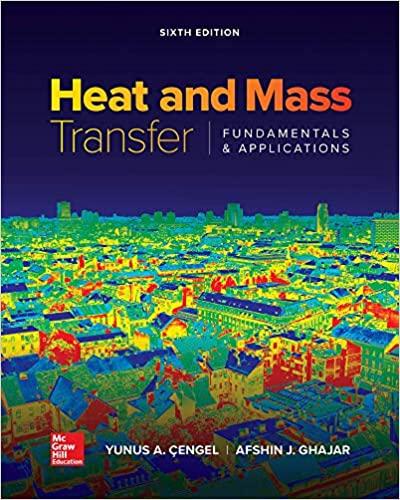Question
REWARD POWER IN A HOUSEKEEPING OPERATION Kristin Rivkin was a successful executive housekeeper in a downtown hotel in Toledo, Ohio. One of the reasons for
REWARD POWER IN A HOUSEKEEPING OPERATION
Kristin Rivkin was a successful executive housekeeper in a downtown hotel in Toledo, Ohio.
One of the reasons for her commendable achievements as a leader was the system of rewards that
she had approved by the general manager and put in place to compensate employee performance.
She had established a bonus scale that was tied to a point system in which workers received extra
money for good performancefor example, arriving to work on time, lack of absenteeism, going
the extra step to service guests, suggesting ways to improve operations, and higher-than-average
productivity. Employees worked very hard to obtain points that translated into extra cash over
their minimum wages at the end of the pay period. Kristin had demonstrated to her superiors that
the bonus system in place was well worth the high productivity achieved, the better-than-average
employee retention, and the achievement of superior customer service. In fact, the profit
percentage of her department was the highest of all the companys properties. Considered to be a
star, Kristin was asked to manage the housekeeping department of a larger hotel that the
company was opening in Phoenix, Arizona. Kristin accepted and was transferred with a
substantial raise in salary.
A new manager was quickly hired to replace Kristin. Although relatively new in the
industry, Bryan Samuelson held a degree from a hotel and restaurant management program and
was proud of having finished his academic work with a 3.8 GPA in his major. On taking over the
management of the department, Bryan was surprised to find in place the bonus/compensation
system initiated by Kristin. He remembered from his college courses that rewards could be used
with employees in some occasions but that this type of management power was likely to erode if
workers expected to be rewarded for any extra effort put in their jobs. He decided to get rid of
the system and replace it with a more equitable way of rewarding performance.
Knowing that it would be difficult to take away a recompense system that had been in
place for a long period of time, Bryan decided to increase employee wages across the board
before eliminating the bonus/performance method. His goal was to motivate employees to put
extra effort in their work by paying them a better wage.
Three months into the implementation of his plan, Bryan realized that his system had
failed; productivity was down, absenteeism was up, and customer satisfaction had deteriorated to
dangerous levels. Bryan was flabbergasted, wondering what had gone wrong in the process.
1. How was reward power was used by the two managers in this case study?
2. In your opinion, who was a better administrator, Kristin Rivkin or Bryan Samuelson?
3. Explain what you would have done if you had replaced Kristin as a manager.
4. Determine what Bryan should do after finding out that his changes had not worked as
expected.
Step by Step Solution
There are 3 Steps involved in it
Step: 1

Get Instant Access to Expert-Tailored Solutions
See step-by-step solutions with expert insights and AI powered tools for academic success
Step: 2

Step: 3

Ace Your Homework with AI
Get the answers you need in no time with our AI-driven, step-by-step assistance
Get Started


